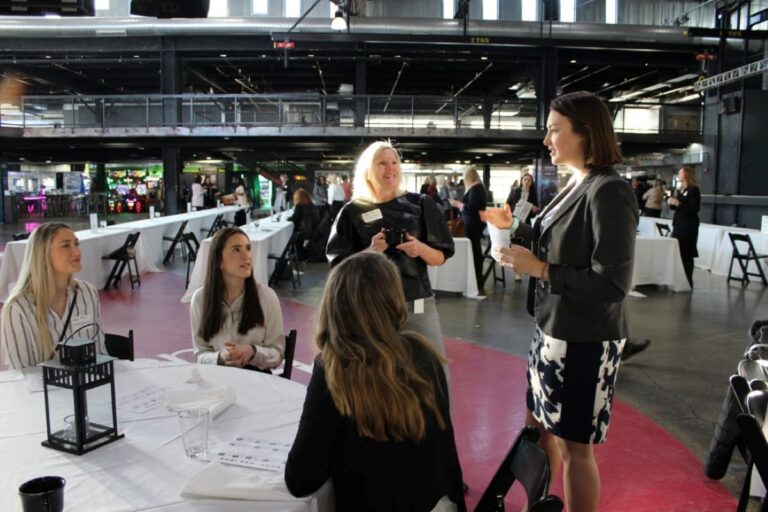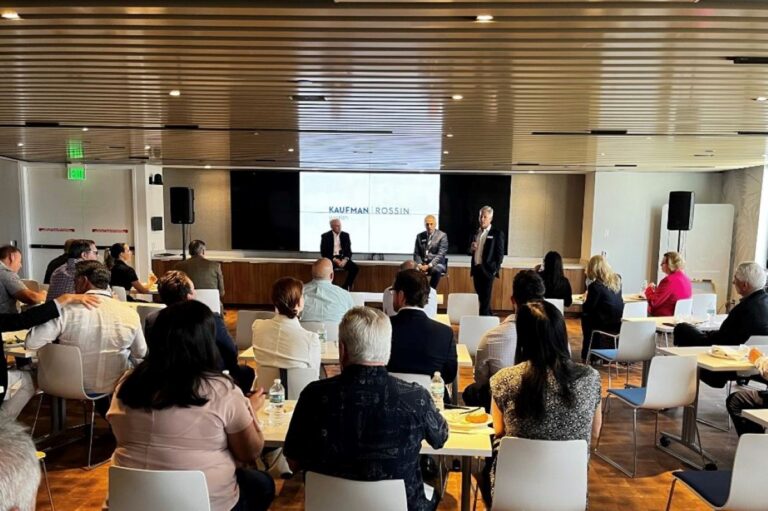Critical Social Factors That May Reshape the Business Environment
How do social factors affect a business? Originally appeared on Quora: the place to gain and share knowledge, empowering people to learn from others and better understand the world.
Many social factors influence markets that businesses serve.
Social Responsibility
Consumers increasingly consider the social impact of the money they spend. Some will pay more to support retailers who assert sustainable practices, for instance, by buying products made with recycled material. Others avoid companies notorious for irresponsible or unethical practices, such as outsourcing manufacturing to exploitative sweatshops in under-developed countries. Businesses must consider the ethical and social ramifications of their actions, as well as the actions of their suppliers. A manufacturer’s negative publicity, for example, could hurt sales in every retail store it supplies.
Consumer Preferences
Consumer preferences shift, often unpredictably. A particular clothing store’s products may be in one day and out the next. Businesses do their best to stay ahead of consumer buying trends, but all the research and marketing in the world can’t replace simply being in the right place at the right time. For example, a handbag retailer might jump to the front of the pack because a celebrity was photographed on the street with one of its products. Similarly, the fashion world might decide, seemingly on a whim, that a successful retailer’s product line is now stodgy and outdated.
Generational Differences
Broad social changes also impact a business. An economic recession, for instance, can cause a shift in consumer spending across all categories. Demand for luxury items might plummet, while discount retail stores experience a significant surge in demand. Such shifts might last only as long as the initial causes, or they might permanently alter the way an entire generation thinks. For example, Depression-era hardships created a generation that was less likely to use credit than the relatively reckless Baby Boomers who followed. Even without significant economic developments, the changing proportions of a population’s age groups can alter overall spending rates and habits, forcing retailers to adjust their business models to compensate.









